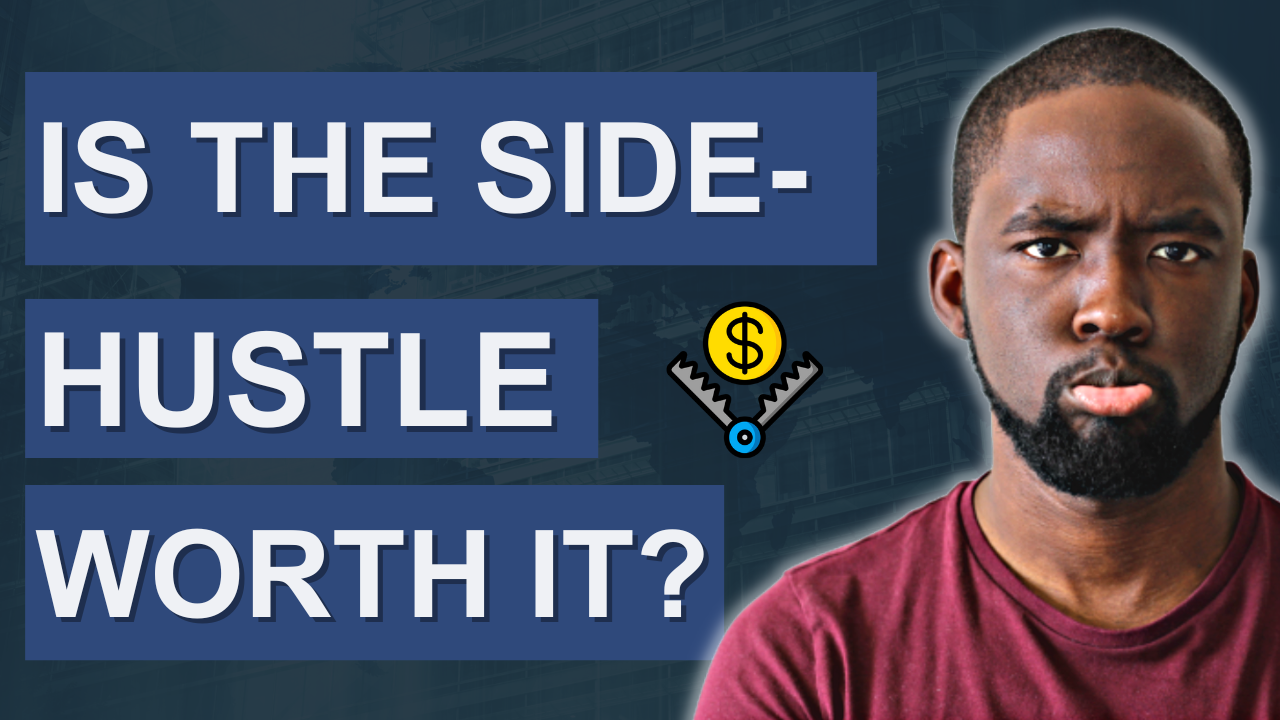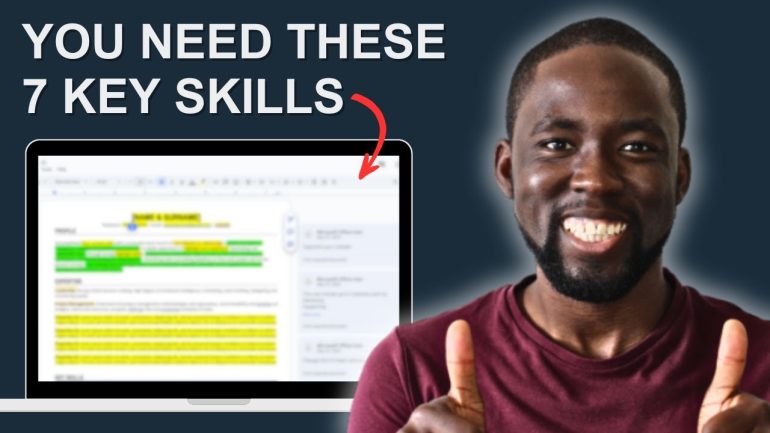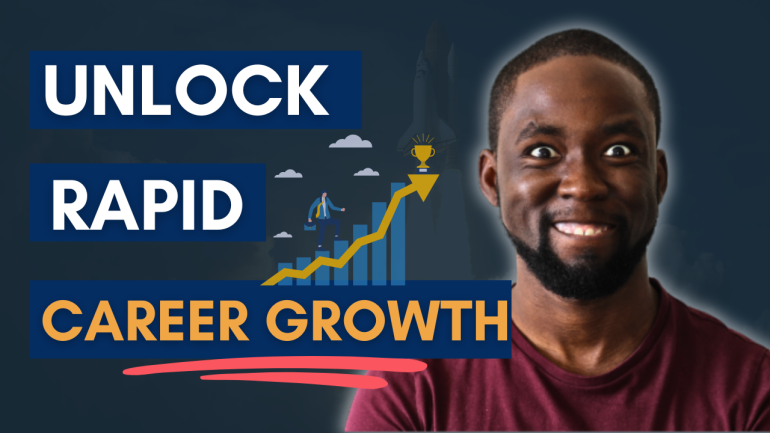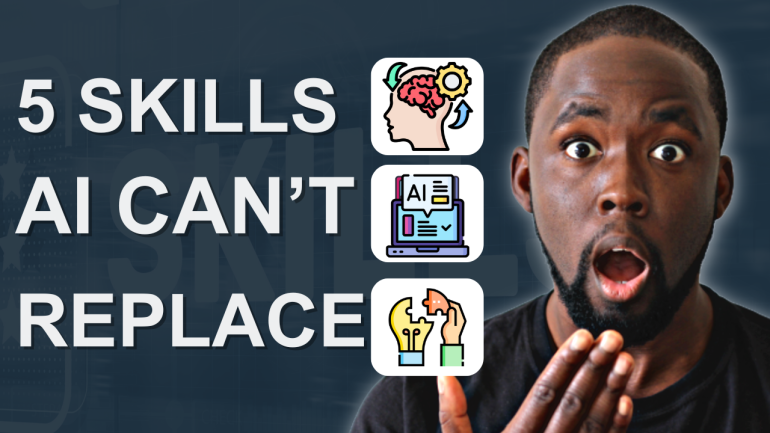The Gig Economy Promise: Is It Robbing You of a Stable Future?
The gig economy promises a big, bold, and bright future. Freedom. Flexibility. Autonomy. But is that really the whole story? Or is it quietly robbing you of your ability to build something sustainable, meaningful, and truly yours?
You’ve probably heard the stories: someone packing up and moving to Dubai, Portugal, or wherever the tax benefits and lifestyle look more appealing. The dream of escaping the 9 to 5, jumping into freelancing or contracting, and finally “being free” is seductive. But the reality is a lot more complicated.
So let’s unpack it. In this article, I’ll break down why the gig economy isn’t the silver bullet it’s sold to be, the risks you need to navigate, and how you can shift from chasing gigs to building a portfolio career that gives you true ownership of your future.
The Gig Economy vs. the Myth of Job Security
Once upon a time, the social contract was simple: you worked hard, stayed loyal, and in return you got stability, pay rises, pensions, benefits, maybe even a gold watch at retirement. That deal no longer exists.
In 2024, the ONS reported 4.3 million self-employed individuals in the UK. Organisations are shifting the risk from themselves onto the individual. Flexibility for them means uncertainty for you. Redundancies happen overnight. Public sector restructuring wipes out entire departments. And policy changes, think IR35, NHS England’s consolidation, even international politics, can flip industries upside down.
So the idea of a “stable job” is more myth than reality. At the same time, the gig economy in the UK comes knocking, offering opportunity but also volatility.
The Real Risks of Freelance and Contracting Careers
Let’s be honest: contracting, freelancing, or gigging comes with its fair share of anxiety. I remember when I first jumped into contracting in the NHS after years in permanent roles. The questions hit me fast:
- Was my first contract a fluke?
- When will the next one come?
- What if recruiters stop calling?
- Am I even doing the right thing?
That constant uncertainty eats at you, especially if you’ve got a mortgage, dependents, or financial commitments. From my experience and those of the people I coach, there are three big risks:
1. Income Stress
Your income goes up and down. One month all is well, the next you’re wondering when the next invoice will be paid. Without a financial plan, this instability leads to stress and burnout.
2. Career Stagnation
The market doesn’t always give you the roles you want. You can end up bouncing between the same contracts, with no real progression. When I left the NHS, I was an Implementation Lead. Contracting gave me the space to level up into Programme Management, but that only happened because I actively invested in training and positioned myself differently.
3. Financial Exclusion
Because of irregular income, lenders don’t always see you as reliable. Mortgages, loans, and even simple credit products can feel out of reach. But with the right accounting structures and pensions (more on this below), there are ways around it.
Simply “going freelance” doesn’t solve the problem of stability. If you’re not intentional, you’ll find yourself staring longingly at colleagues who stayed in permanent roles, wondering if you made a mistake.
Why a Portfolio Career is the Answer
This is where the mindset shift comes in. Instead of seeing your career as a single ladder to climb or a gig-to-gig scramble, you need to design it as a portfolio career.
A portfolio career is a basket of projects, contracts, and ventures that collectively create stability, growth, and purpose. The most powerful part? You own it.
In my own career, around 75 to 78 percent of my income comes from contracting in programme management, mainly in public sector digital transformations. That’s my core bucket: the high-value work that pays the bills.
On top of that, I’ve built a growth bucket of coaching, advisory, and digital products. These not only diversify my income, but they also create a foundation for future independence.
Finally, there’s the learning bucket: serving as a non-executive director and chairing a finance and risk committee at a leadership institute. It doesn’t pay the bills, but it expands my skills, network, and authority, which ultimately feed back into both the core and growth areas.
This three-bucket system ensures that if one area dips, the others can support me. More importantly, it keeps me growing, not stagnating.
Building Your Financial Fortress and Ecosystem
If you want to thrive as an independent consultant, freelancer, or contractor, you need more than skill, you need strategy. Here are three pillars to focus on:
1. Build Your Financial Fortress
- Know your value: Work out your day rate or hourly rate by breaking down your current salary. This gives you a benchmark for contracting in the UK.
- Save strategically: Aim for at least 6 months of living expenses as a buffer. If you spend £3,000 a month, that’s £18,000 in reserves. It sounds like a lot, but patience is key.
- Get the right cover: Health insurance, income protection, and pensions aren’t luxuries; they’re essentials. Speak to an accountant about SIPP pensions and contractor-friendly insurance.
2. Design Your Portfolio Career
- Audit your skills using the Problem Action Result (PAR) model. What challenges have you solved? What results have you achieved? Write these down; it’s gold for positioning yourself.
- Analyse the market. Use tools like generative AI to interpret reports from McKinsey, ONS, or Deloitte. See where demand is growing.
- Align your past, present, and desired future. Maybe you’ve been in finance. Could that evolve into advisory, training, or thought leadership?
3. Engineer Your Ecosystem
Don’t rely on one income stream. Contracting might pay well now, but what happens when the market slows? Build parallel streams such as coaching, digital products, and advisory work that give you breathing space when contracts dry up.
When the general election disrupted my industry, I was out of a contract for 5 months. Because I’d built my ecosystem, savings, other income, and a supportive partner, I could weather the storm. Without that, it would have been chaos.
Bonus Tip: Personal Branding is Non-Negotiable
In today’s freelance economy, your personal brand is your leverage. A strong CV might get you noticed, but it’s your brand that opens doors.
For me, video has been the most powerful way to build a connection. When people see you, hear you, and get a sense of how you think, trust builds faster. Whether it’s LinkedIn posts, YouTube, or webinars, your brand should tell a story: who you are, what you stand for, and why people can trust you.
Remember: people buy people. If you’re forgettable, you’re replaceable.
Conclusion: The Gig Economy’s Real Promise
The gig economy UK doesn’t promise anything. The promise has to come from you.
Yes, there’s volatility. Yes, there are risks. But there’s also an opportunity if you design your career intentionally. Think in terms of portfolios, build your financial fortress, and engineer an ecosystem that supports you through uncertainty.
The age of job-for-life stability is gone. The age we’re in now, whether you call it the AI age, the humanistic age, or simply the portfolio age, requires ownership. Your ownership.
So ask yourself: are you reacting to the market, or are you designing your own future?
Understand. Reach. Expand.
Peace.







